Readings: Edgar Cayce – when sunsets, conversation, babes, roses & song all come together…

This little meditation is from the readings of Edgar Cayce, and sums up the place that beauty plays in making love & creativity come alive, dear heart…
Then, to be able to remember the sunset, to be able to remember a beautiful conversation, a beautiful deed done where hope and faith were created, to remember the smile of a babe, the blush of a rose, the harmony of a song–a bird’s call; these are creative.
For if they are a part of thyself, they bring you closer and closer to God.
Writings: Luang Por, and a reminder to let go….
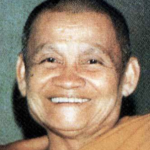
This is a snippet from one of the dharma talks of Ajahn Chah (more familiar to some, affectionately, as Luang Por), with a reminder to let go, let go, let go…
One purpose of morality or virtue is harmony with our spiritual friends. This should be our aim, rather than just trying to fulfill our selfish desires. Knowing one’s position and respecting one’s seniors is an important part of our precepts.
For harmony with the group, we must give up pride and self-importance and attachment to fleeting pleasure. If you do not give up your likes and dislikes, you are not really making an effort.
Not to let go means you seek peace where there is none. Discover this truth for yourself. No need to rely on a teacher outside -mind and body constantly preach to us. Listening to their sermon will remove all doubts.
People get caught in being the leader, the chief, or they get caught in being the student, the follower.
Who can learn from all things without being the student? Who can teach all things without being the chief?
Make bowing a way to care for the entire world around you. Bow with reverence and care. When returning to your cottage put everything down and prostrate first thing. If you go out to sweep, prostrate first. Returning, prostrate. When you have to go to the bathroom, prostrate first, and do it again when you come back, saying in your mind: “Any misdeeds I have done through body, speech, and mind, may I be forgiven.”
Stay mindful always. We monks are very fortunate. We have our dwelling place, good companions, lay support, and the teachings.
All that is left is to practice.
Writings: Rinpoche reminds the wounded heart: Life is impermanent, fragile and changing

Seekers sometimes think about giving it all up when they’re hurting, and it seems to make sense – an escape to the French Legion, or longer hours at the office, or looking for a new lover to replace the one who just made us hurt by leaving – it feels like this will fill the hole in our hearts, psches, and spirit.
While that seems like a good time to take up a path of renunciation, there are pitfalls & warning flags all over…here’s more in a short interview with Tsoknyi Rinpoche that suggests things to watch for:
Renunciation shouldn’t come from a wounded heart
Interview with Tsoknyi Rinpoche
Student: Rinpoche, I think the point that you mentioned – renunciation not coming from a place of a wounded heart – could you just elaborate on that?
Translator for Rinpoche*: When we are deeply wounded, the ego or strong sense of “I” is aroused and wants happiness and not to suffer so much. The problem is that our egos encounter problems – situations that make us unhappy, so suffering continues and becomes more dramatic and intense. Buddhist Dharma offers an alternative way of living, which begins with the view that everything is impermanent, fragile and changing.
You can experience this feeling of being fragile and shaky inside because deep down you want something solid, something to hold onto that is firm, secure and doesn’t change.
When we grasp to this solid sense of something and can’t let it go, we create wounding and more suffering. People and situations don’t stay fixed in the way we hope they might.
If you have the insight that there is really nothing, ultimately, that is solid, only appearances, it can make you even more upset. Or, alternatively, you may feel more freedom because you see what you were grasping to was not so real or concrete.
Renunciation is sometimes hard to really know – whether it is genuine or not – because the ego can take this sense of letting go and use it to feel “I am special, as I see things are not so real.”
This is not a healthy renunciation that includes an awareness of how interdependent we all are with our suffering. This gives us a sense of compassion and love in it because we see through our grasping enough to see others stuck like we were and want to help. Also, we know to keep moving on the path and that letting go is a long and constant process that defines the path.
*Gerardo Abboud, Translator
Here’s the original article, with our thanks that it is available on the web. Click here for this & more of Rinpoche’s teachings.
Writings: Morning thoughts, with Sister Teresa

I guess we all have our heroes & heroines ‘mongst the folk who tell stories with words that resonate with us…one of our favourites in my little monk community is Sister Teresa (also more famously known as St. Teresa of Avila, and even more famously as a really cool nun).
In this snippet from her writing, she suggests we have to enter ourselves to “enter heaven….”
See how this makes you feel.
“Let nothing disturb you,
Let nothing frighten you,
All things are passing away:
God never changes.
Patience obtains all things.
Whoever has God lacks nothing;
God alone suffices.”
May you trust God that you are exactly where you are meant to be.
May you not forget the infinite possibilities that are born of faith.
May you use those gifts that you have received, and pass on the love that has been given to you.
May you be content knowing you are a child of God.
Let this presence settle into your bones, and allow your soul the freedom to sing, dance, praise and love.
“It is love alone that gives worth to all things.”
“It is foolish to think that we will enter heaven without entering into ourselves.”
“Thank God for the things that I do not own.”
“Untilled ground, however rich, will bring forth thistles and thorns; so also the mind of man.”
“The important thing is not to think much but to love much; and so do that which best stirs you to love.”
“Love turns work into rest.”
“Be gentle to all, and stern with yourself.”
“The closer one approaches to God, the simpler one becomes.”
“God withholds Himself from no one who perseveres.”
“To have courage for whatever comes in life– everything lies in that”
– St Teresa of Avila
Understanding the peace which passeth all understanding….
 Let me get this straight (this is me, talking to me):
Let me get this straight (this is me, talking to me):
You don’t have to understand things to feel OK about life?
What? I don’t understand.
It’s kinda like this. Stay with me on this one.
Just yesterday, I was talking with a friend who had 56 different problems that she and I were trying to sort out. With some of the more interesting ones, we would analyze the variables that we felt might make things work, and other variables that we were pretty sure were screwing things up.
As we went along, I found myself saying, “ I just don’t understand why he would do that.” Or another time, “They do that all the time, I don’t understand.” Or most dramatically, “He doesn’t hurt anybody by doing that but himself. I just don’t understand.”
My friend looked at me, and asked, “Hmmm. New idea. What if we will get to the bottom of this & make our action plan without understanding why they do what they do.”
Bamm! Big shift! Changed everything! And…we got our plan finished in less than a half hour. We don’t understand, but we were able to carry on, anyway.
Upon reflecting on that idea, I thought of all the major things I’ve done in my life without understanding how those things work, where those things are going, and and sometimes, where they even come from.
I have jumped into things with no idea how things were going to turn out.

Actually, I do a lot of things with out fully understanding everything about what I’m getting into.
The last 17 times I fell in love, I don’t remember stopping the process by saying, “I just don’t understand why she likes me.”
The last three jobs I moved into, I don’t remember stopping the process by saying, “I don’t know why I like this, so I won’t take the job.”
The last three people that I have met at the coffeehouse (where I meet most of the people in my life)… I don’t remember thinking, “I don’t understand them. I just won’t talk to them.”
It finally hit me what it means. This is it: At the end of the Anglican Communion service, the priest dismisses the congregation with a prayer of peace, which I’ve heard since I was a small kid. The prayer goes something like this: “The peace of God which passes all understanding keep your hearts and minds in the love and service of our Lord Jesus Christ….”
Similarly, Paul’s letter to the Phillipians reports he says, “Be careful for nothing: but in every thing, by prayer and supplication with thanksgiving, let your requests be made known unto God. And the peace of God, which passeth all understanding, shall keep your hearts and minds through Christ Jesus.”
I love that idea – that the peace of God is there, even if we don’t understand it.
In spite of the fact we don’t understand it. Built on the notion we don’t understand it. Accessible, maybe even more accessible, if we don’t understand it.
So just let it in.
And carry on. Understanding will come, when it’s time. We might have to wait for it. But we don’t have to wait for peace.
Share & heal, now.
Blessings to you,
Brother Ian
Writings: Meditation changes rough schools…

Ever since you added meditation to your practice, dear monk, you’ve noticed the shift, both subtle & large. You always hope & dream & even say, “I wish everyone did this!” Here’s a start, hey:
Meditation transforms roughest San Francisco schools
David L. Kirp
At first glance, Quiet Time – a stress reduction strategy used in several San Francisco middle and high schools, as well as in scattered schools around the Bay Area – looks like something out of the om-chanting 1960s. Twice daily, a gong sounds in the classroom and rowdy adolescents, who normally can’t sit still for 10 seconds, shut their eyes and try to clear their minds. I’ve spent lots of time in urban schools and have never seen anything like it.
This practice – meditation rebranded – deserves serious attention from parents and policymakers. An impressive array of studies shows that integrating meditation into a school’s daily routine can markedly improve the lives of students. If San Francisco schools Superintendent Richard Carranza has his way, Quiet Time could well spread citywide.
What’s happening at Visitacion Valley Middle School, which in 2007 became the first public school nationwide to adopt the program, shows why the superintendent is so enthusiastic. In this neighborhood, gunfire is as common as birdsong – nine shootings have been recorded in the past month – and most students know someone who’s been shot or did the shooting. Murders are so frequent that the school employs a full-time grief counselor.
Click here for the rest of the story (it gets even better!)
Thoughts: Looking for the searing truth…
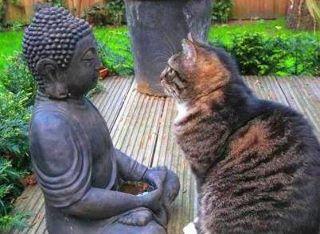
Those doing soul work,
who want the searing truth more than solace or applause,
know each other right away.
Those who want something else
turn and take a seat in another room.
Soul-makers find each other’s company.
Rumi
Thoughts: By report, from Ben Franklin’s journal (updated)
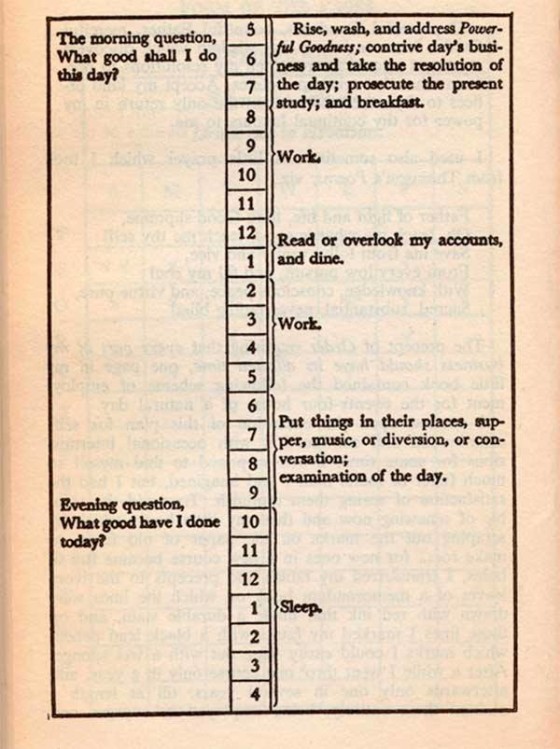
Music: Tom Jones, remembering John
I wrote you a sermon, I did, about the pitfalls of takin’ yaself too seriously.
Then I dumped it, in favour of sharin’ this little vid. Does it better, dint ya think?
Love,
Brother Ian
PS> Practicin’ writin’ with a Welsh accent…na goin’ sa well….
Wordplay: And here’s to you, Joltin’ Joe….
I believe the takeaway on this little story is simple: Always tell the troof.
A man walks into a bar with a dog.
The bartender says, “You can’t bring that dog in here.”
“You don’t understand,” says the man. “This is no regular dog, he can talk.”
“Listen, pal,” says the bartender. “If that dog can talk, I’ll give you 100 bucks.”
The man puts the dog on a stool, and asks him, “What’s on top of a house?” “Roof!”
“Right. And what’s on the outside of a tree?” “Bark!”
“And who’s the greatest baseball player of all time?” “Ruth!”
“I guess you’ve heard enough,” says the man. “I’ll take the 100 in 20s.”
The bartender is furious. “Listen, pal,” he says, “get out of here before I belt you.”
As soon as they’re on the street, the dog turns to the man and says, “Do you think I should have said DiMaggio?”


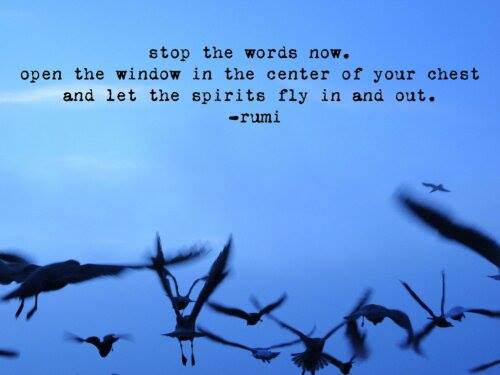
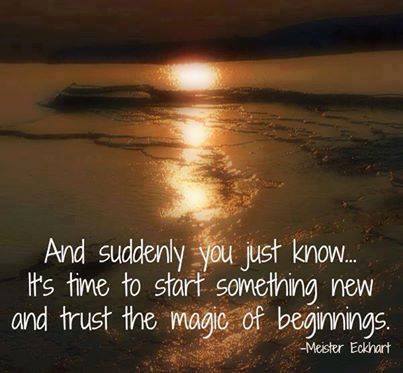

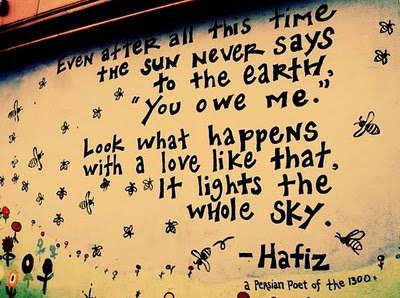
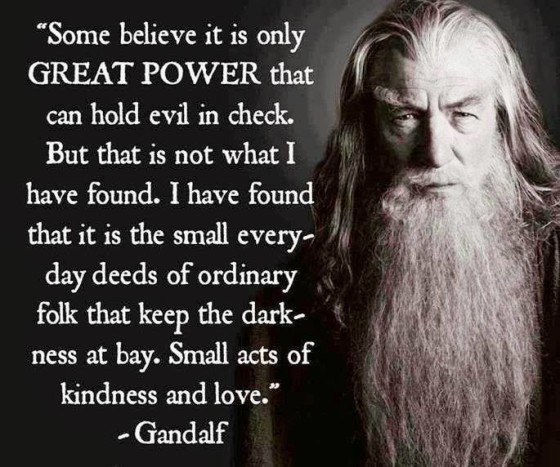

 Over the centuries, Brother Ian has been collecting stories & information & discourses for the purpose of elevating the human condition as needed, dissecting it when necessary, and building the case for hope.
Over the centuries, Brother Ian has been collecting stories & information & discourses for the purpose of elevating the human condition as needed, dissecting it when necessary, and building the case for hope.